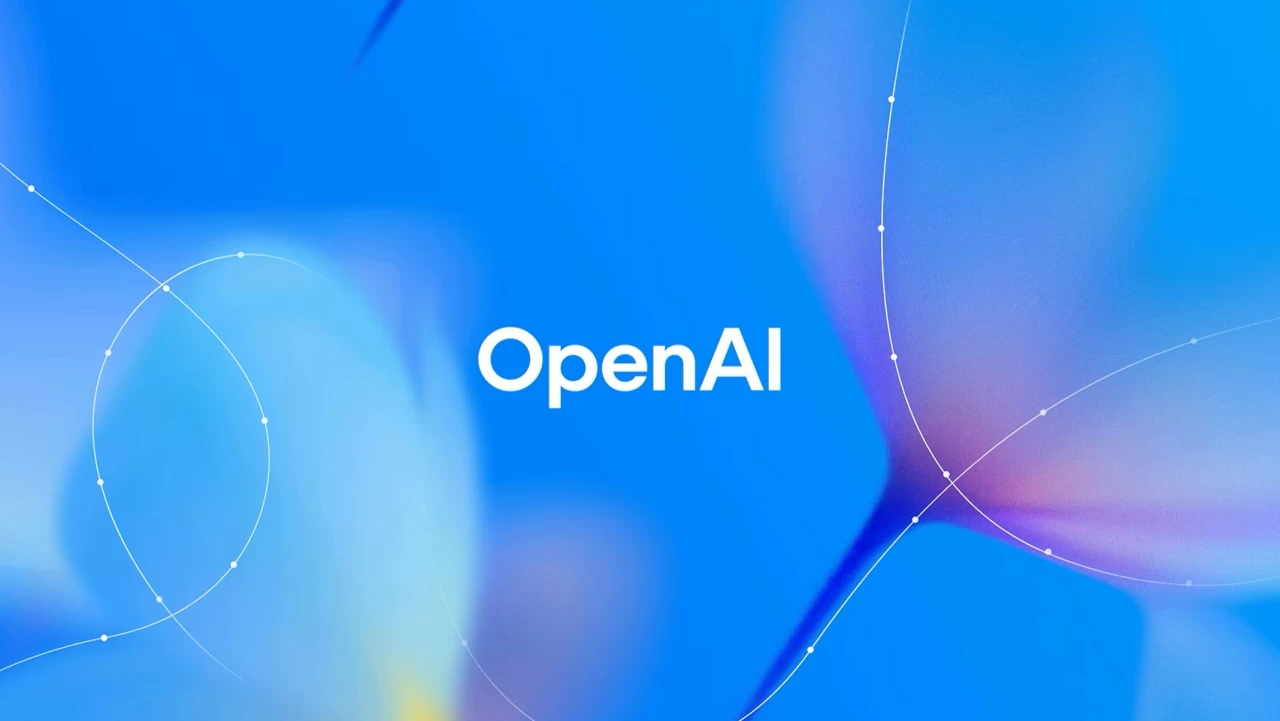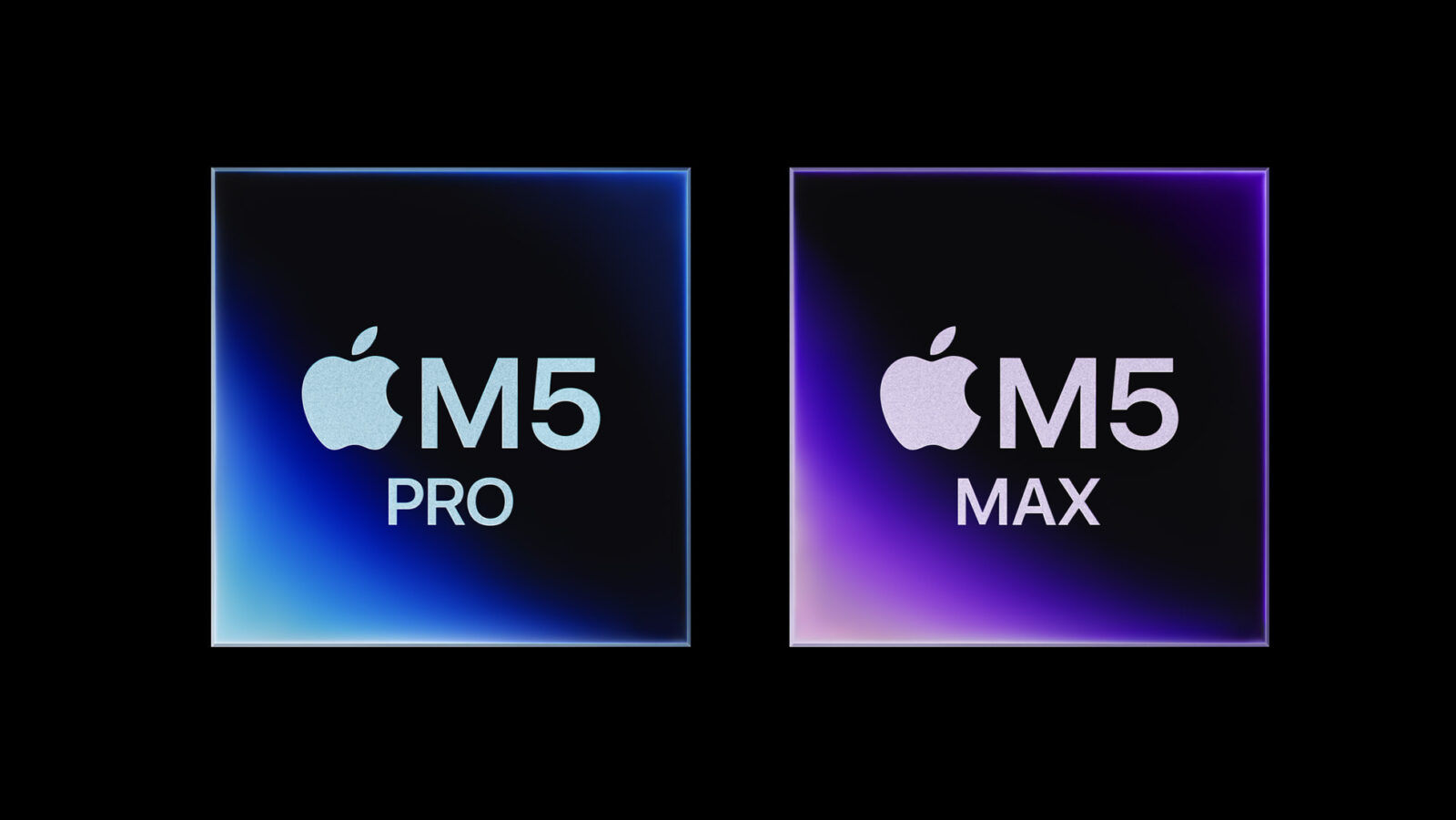OpenAI has expanded its GPT-5 lineup with a new model aimed at developers looking for more affordable, high-efficiency coding capabilities. The newly announced GPT-5-Codex-Mini is a compact version of GPT-5-Codex, offering substantially lower costs and greater usage limits while maintaining strong coding and reasoning performance.
GPT-5-Codex itself, introduced in September, was designed as a major upgrade for AI-assisted software engineering, capable of building new applications, adding features and tests, and performing large-scale code refactoring. The new Mini variant brings those strengths to a wider audience by providing a better balance between capability and cost. According to OpenAI, GPT-5-Codex-Mini allows up to four times more usage than the full GPT-5-Codex model, trading only a small degree of accuracy.
On the SWE-bench Verified benchmark, which evaluates code generation and reasoning across real-world programming tasks, GPT-5 High scored 72.8%, GPT-5-Codex achieved 74.5%, and GPT-5-Codex-Mini came in at 71.3%. This positions the Mini version as a practical alternative for everyday software work, especially for teams or individuals managing heavy usage volumes.
OpenAI recommends GPT-5-Codex-Mini for lighter engineering workloads—such as incremental updates, debugging, or feature prototyping—and notes that Codex will now automatically suggest switching to the Mini model once a user hits 90% of their usage limit. The model is currently available via the command-line interface and IDE extensions, with API access expected soon.
The rollout accompanies broader platform updates aimed at improving performance consistency and user experience. Thanks to GPU-level optimizations, ChatGPT Plus, Business, and Edu users now receive 50% higher rate limits, while Pro and Enterprise tiers gain priority processing for faster response times. OpenAI also introduced backend improvements that stabilize Codex usage throughout the day, reducing fluctuations caused by cache misses or traffic rerouting—an issue that previously led to unpredictable output times and token consumption.
The introduction of GPT-5-Codex-Mini reinforces OpenAI’s strategy to segment its developer tools by performance and price, catering to a spectrum of use cases from individual coders to enterprise-scale teams. By providing a cost-efficient option without heavily compromising capability, the company is expanding access to agentic coding tools that support everything from everyday automation to large-scale software development projects.







